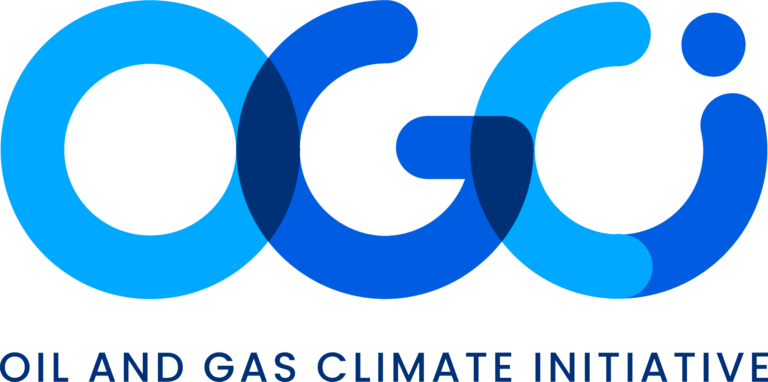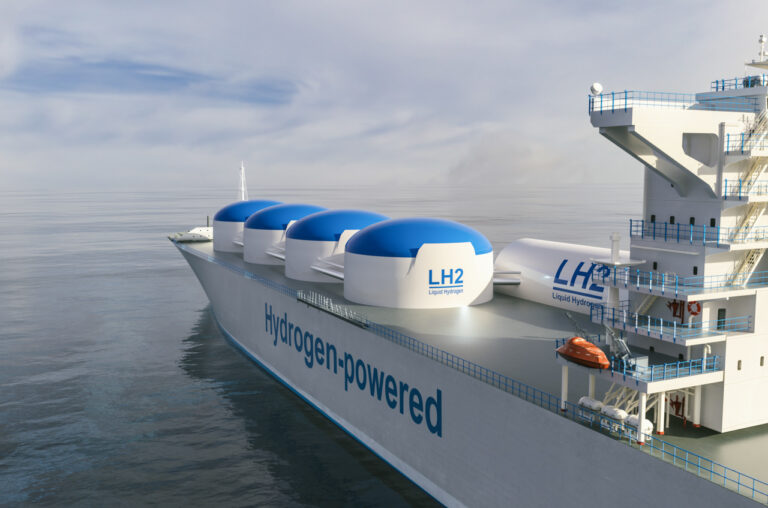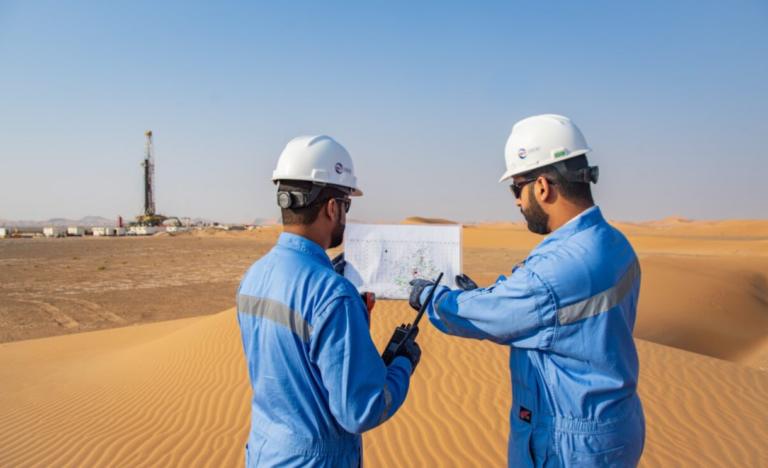This paper explores the evolving policy landscape, with a focus on the EU Methane Import Requirements and highlights alignments with the Oil and Gas Methane Partnership 2.0 (OGMP 2.0). It analyzes the process leading to the adoption of the import standard, along with early industry reactions and compliance strategies, drawing on interviews with oil and gas market players. The paper also breaks down the core elements of the import standard—emissions data, methane intensity methodology and benchmark, and its implications for producing and exporting countries.
EU methane import requirements: can a regulation change how and from where the EU buys gas?
?


OGCI and its member companies do not assume any responsibility for the accuracy or reliability of any information offered by third-party websites linked though this site. The views expressed in the external content do not necessarily reflect those of OGCI or its member companies. See our Terms of Use.
Region
Global
Published
2025
Resource Type
Technical report
Category
Regulations, frameworks and voluntary initiatives
More info
Sub-Category
Regulations
Segment
N/A
Equipment
N/A
Related resources
This resource outlines the work and research conducted by EQT’s Production and Environmental teams to target low-cost opportunities for abating methane emissions from natural gas-driven
MiQ has developed and launched the Gas Buyers Methane Emissions Calculator, a tool designed to help natural gas buyers assess the potential methane emissions reductions
The article from the Harvard Environmental & Energy Law Program examines the risks associated with using the Congressional Review Act (CRA) to reinstate EPA methane
Recently visited resources
The IEA’s gas flaring page reviews global flaring trends, environmental impacts, and reduction strategies. It discusses flaring’s role in greenhouse gas emissions and offers links
Brochure created by GasNaturally discussing methane emissions in Europe. It highlights the environmental impact of methane, O&G sources, and emission reduction strategies. The document also
This book highlights the business case for reducing gas flaring and methane emissions (FMR), offering a framework for policymakers to evaluate FMR project feasibility and













